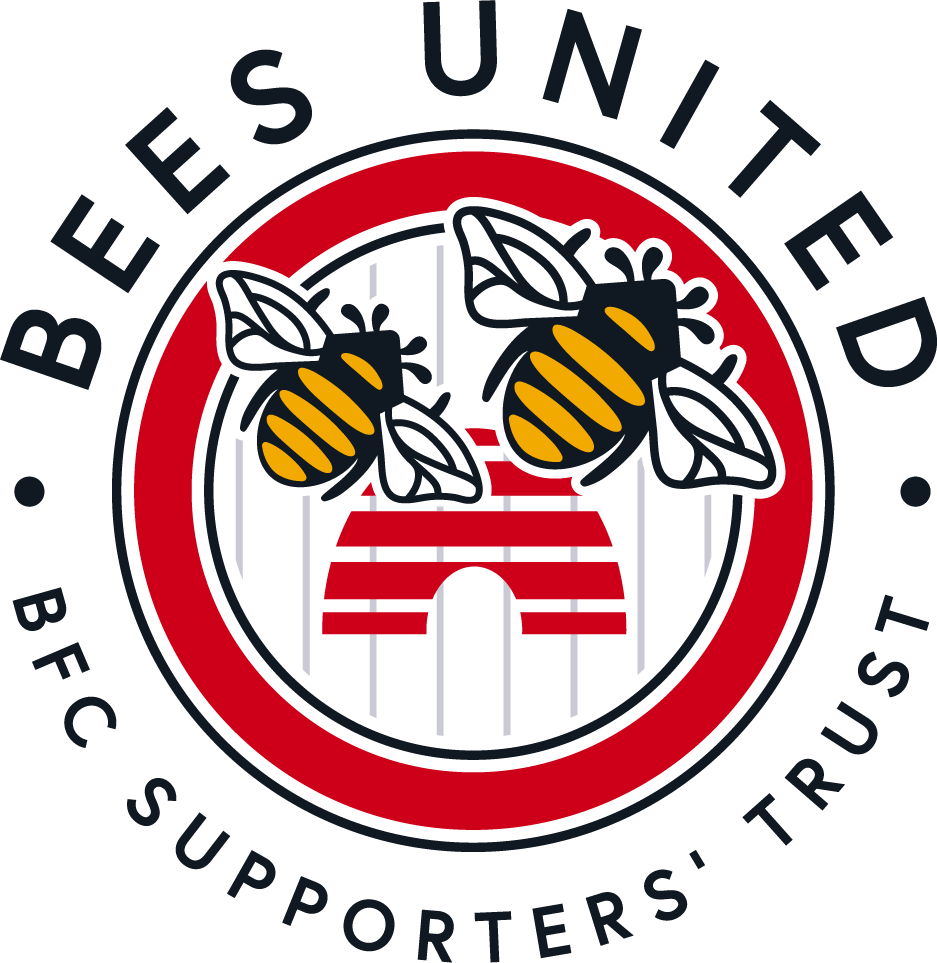A number of members have questioned how Bees United (BU) works in practice – what we mean by a "policy", what a member motion is required for and the like. This is only intended to be a high level summary – please feel free to contact the Secretary of Bees United, Chris Gammon, if you have more detailed questions.
We Follow the Rules
At the core of Bees United governance are our Rules (sometimes referred to as our Constitution). This formal document governs how we operate, and what we exist to do. It covers who can be members, how the BU Board must be structured, and our basic laws of existence. It covers our General Meetings, Board Meetings and our laws of membership. The Rules can ONLY be changed by a vote of the membership (eg a formal motion at the AGM amending them).
You Select the Board, then the Board Acts on Your Behalf
Whilst the Rules are pretty long and detailed, there is a lot they do not cover. They do not cover what strategies the Board ought to pursue, how BU ought to respond to day-to-day issues, how BU ought to act in relation to BFC, etc. All of these things are left to the discretion of the Board of BU. The Board of BU is democratically elected (the only current Board member not elected by the full membership is a single post elected by Loan Note Holders, Paul Stedman) and is therefore democratically accountable to the members. At any stage a properly constituted vote of the membership (per the Rules) can remove a BU Board Member from post.
The BU Board has freedom of action within the constraints of the Rules. This allows the pursuit of whatever strategies or actions the majority of the BU Board think beneficial. Some of the decisions of the BU Board are particularly relevant to helping members understand how we operate, and these can be formalised (and published) as "Policies". Policies are (in governance terms) no different from any other BU Board decision – they can change whenever the majority of the BU Board (in a properly constituted BU Board meeting) support that change – but they are published to allow visibility of the decision. Recent examples of changes in policy include the "Openness Policy" (how BU Board members are expected to act and communicate) and the policy on Supporter Elected Directors to BFC.
But How Do I (a BU Member) Get Things to Change?
The simplest way for a BU member to get a decision or policy changed is for them to ask a BU Board Member to propose the change to the BU Board, and then to pursuade the majority of the current Board Members to support the change. Every issue that arises is debated openly in the BU Board meetings, all the pro’s and con’s considered, and a decision reached. If it is a good proposal the majority will support it and it will happen. If the vote goes against the proposal, the very least you can expect is an explanation why (confidentiality permitting).
Alternatively a BU member can require the BU Board to review or change a policy or decision by passing a properly constituted resolution at a General Meeting. This is a much more formal route – it requires a formal meeting of the Members (either the AGM or a specially convened SGM) and for the resolution, explanatory notes in favour and against, and voting papers to be issued to the whole membership of BU. The time and expense of this route means it is usually best (both for BU and for the Member) to see if the issue can be addressed in a satisfactory manner via the BU Board first. If not, then this formal route ensures there is always a democratic route open to make things happen.
It should be remembered that, whether implemented by the formal or informal route, the new decision or policy (like any other decision or policy) can be changed again in the future by any other BU Board decision. If a member wants something both enacted and protected from being changed by future BU Board decisions, the change must be incorporated into the Rules (see above).
So…Democracy (our Members) set the Rules and appoint the Board …the Rules govern the Board …and the Board then acts on your behalf to the best they can for Bees United and for Brentford Football Club.
Got a comment? We want to hear it – contact any of the current BU Board and your voice will be heard.
David Merritt
Chairman, Bees United.
